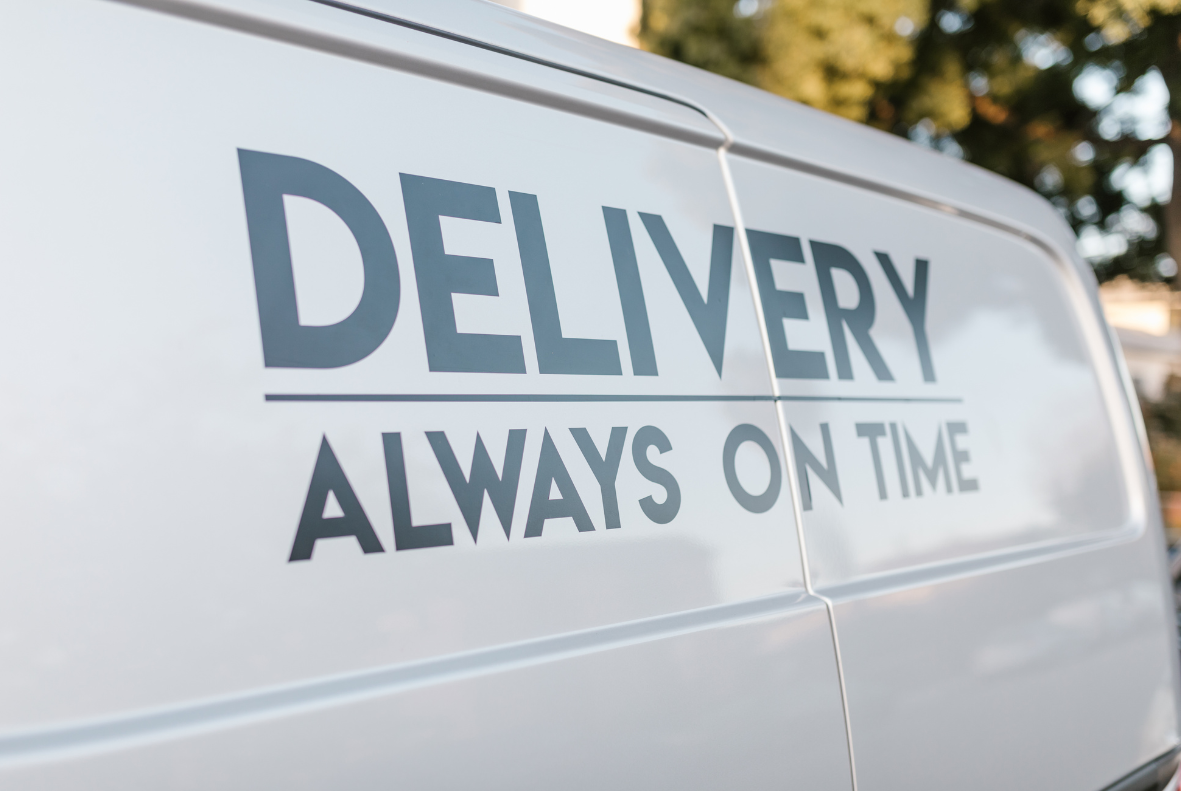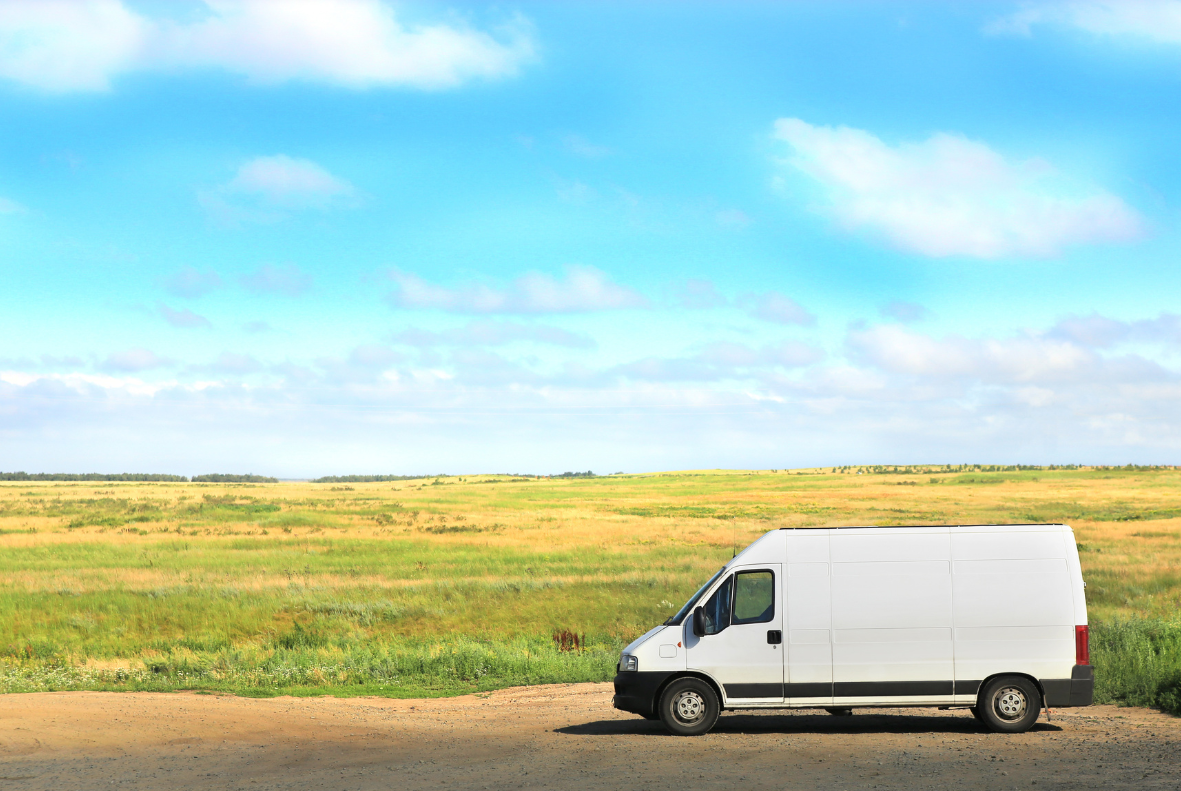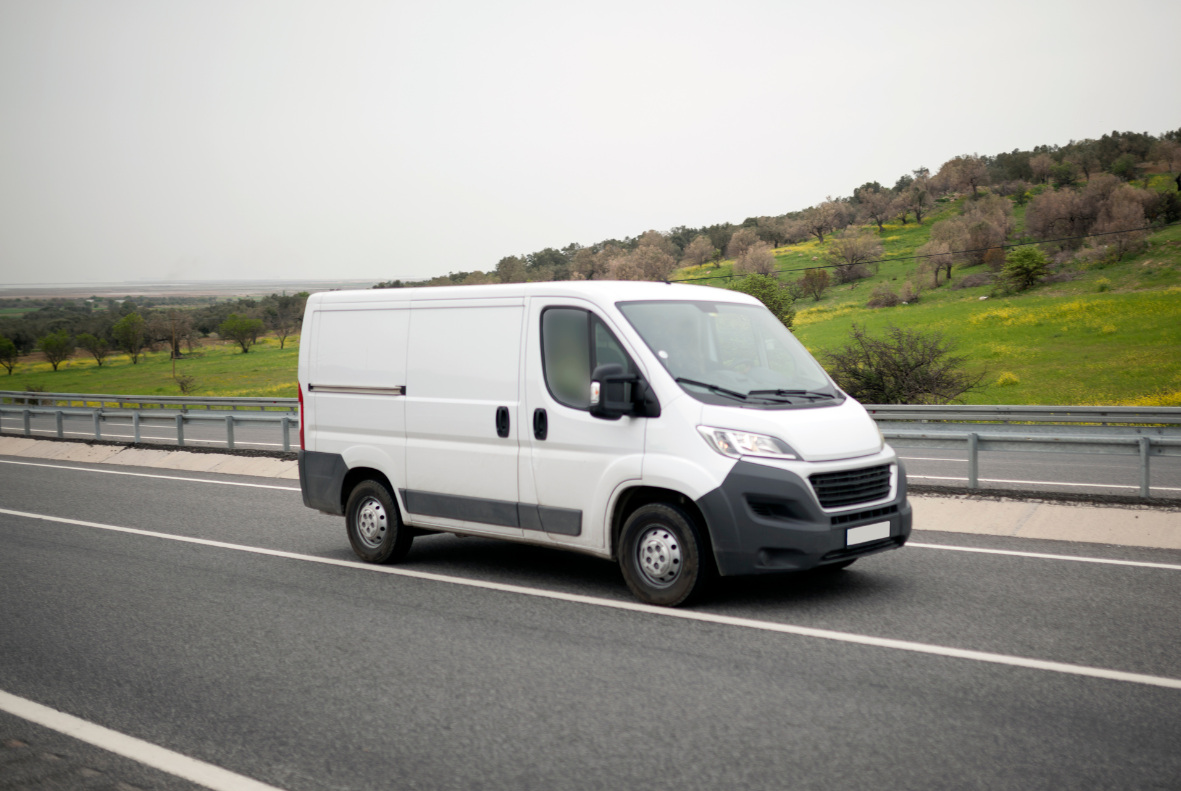Compare Van Insurance Quotes
- Search over 60 van insurers right now
- Compare Churchill, RAC, and other big names
- Save up to £622 by comparing*

Van Insurance: FAQs
Q. What’s the difference between commercial and private van insurance?
A. Commercial van insurance is designed for vans used for business purposes, like transporting goods, tools, or conducting services, offering coverage for work-related risks. Private van insurance, on the other hand, covers vans used for personal activities, such as shopping, or leisure trips, excluding any form of business use.
What information do I need to compare van insurance?
To get a van insurance quote, you’ll have to provide some information about your vehicle, yourself, other drivers of the van, and your driving history. You’ll need to know things like:
- Your name, age, job, and address
- Information about previous claims and/or convictions
- The same details for additional drivers
- Medical information which could affect your driving
- The age, make, and model of your van
- Van modifications, mileage, parking, and use
Q. What factors could affect the cost of my van insurance?
A. The cost of your van insurance premium can be impacted by a lot of factors, whether that’s to do with the vehicle, the drivers of the vehicle, or what it’s used for. Some examples include:
- The size, performance, and weight of the van
- Whether or not you use the van to advertise your business
- If you need cover for goods in transit
- The level of cover you choose ie. third-party only, or comprehensive
Click here for a more detailed list of how you might be able to reduce your van insurance premium.
Q. Is my vehicle a car or a van?
A. It might seem like a silly question, but sometimes it can be difficult to differentiate between cars, vans, minibuses, motorhomes, and a host of other vehicle types. It’s really important to get it right though, for insurance and tax purposes, and to make sure you’re properly covered for what you need. Van insurance and car insurance are completely different types of policy, and you cannot cover one under a policy for the other.
In the UK, the main differences between vans and cars lies in a few distinctions:
- The build of a van typically includes a large, open space without windows or seats. This is the ‘payload’ area, focusing on the transportation of cargo. By comparison, a car won’t have this space. Instead, as they are designed to carry passengers, there will be seating and windows throughout the vehicle.
- The use of a van is generally for commercial purposes, to transport goods or equipment for business. As mentioned above, cars are intended for personal use, including commuting and leisure.
- The insurance group a vehicle falls in is extremely important from an insurer perspective, as these groups can help determine risk factors. A commercial haulage van going on long-distance journeys to deliver parcels worth thousands of pounds, is naturally going to present more chances to claim than dropping your kids off at school in a Kia C’eed.
You can also check your V5C logbook, which will give you a code on line J telling you your vehicle type.
- M1 means your vehicle is a car, so you’d get car insurance.
- M2 means it’s a minibus, so you’d get neither car or van insurance, you’d get minibus insurance.
- N1 or N2 means it’s a van, so you’d get van insurance.
Q. Does my insurance cover the goods/tools I carry?
A. If you’re looking to cover the equipment in your van, or the items you’re delivering, you’ll need to look for goods in transit insurance. This is an insurance you would add on to your van insurance, for protecting the contents in your van from being lost, stolen, or damaged. Bear in mind this cover only applies while your vehicle is on the move, not for before or after the delivery. For couriers and haulage vans, it’s important to consider goods in transit van insurance to keep your company protected and your business reliable.
What additional extras can I put on a van insurance policy?
|
This cover supports you with legal expenses in the scenario of an accident that's not your fault. It helps recover costs not covered by insurance, like personal injury claims, excess fees, and lost wages. |
Breakdown Cover This varies among providers but generally includes roadside help as a basic feature. Higher tiers might offer additional services such as vehicle recovery or tow and assistance if your vehicle breaks down at home. |
Personal Accident Cover This ensures financial protection in accidents where you're at fault, mainly covering serious injuries or fatalities. Coverage limits differ across insurers, and some policies extend to include other drivers or passengers. |
|
Windscreen Protection Covers the costs of fixing or replacing your windscreen if it gets chipped or cracked. Coverage might also extend to side windows and sunroofs in certain policies. |
Courtesy Van A replacement van is provided when using the insurer's chosen repair service, depending on availability. This does not apply if your van is written off or stolen. |
Driving Abroad Allows you to drive in countries outside the UK for a set number of days, often including EU countries, ensuring you're covered while abroad. |
Other van insurance articles which you may be interested in...
 Carriage of Goods for Hire and Reward / Courier Van Insurance -
Standard commercial van insurance might not cover you to deliver parcels and goods in exchange for payment.
Carriage of Goods for Hire and Reward / Courier Van Insurance -
Standard commercial van insurance might not cover you to deliver parcels and goods in exchange for payment.
 Van Insurance Groups -
Van insurance can be a tricky one to get your head around, but understanding how your vehicle is grouped can make a significant difference to the way you approach getting a policy.
Van Insurance Groups -
Van insurance can be a tricky one to get your head around, but understanding how your vehicle is grouped can make a significant difference to the way you approach getting a policy.
 Commercial Van Insurance -
Commercial (or business) van insurance is designed to cover the use of your van for business purposes.
Commercial Van Insurance -
Commercial (or business) van insurance is designed to cover the use of your van for business purposes.

